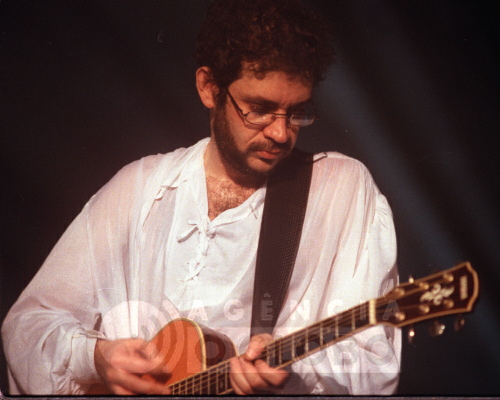I finally started reading The Dark Heart of Italy, and after a slightly boring and confusing preface, which in a way lowered my expectations, I was really surprised with an awesome first chapter. First of all, I felt as if Tobias Jones had stolen one of my ideas for a book chapter. For the past two years, since I moved to the US, I've been paying attention and reporting the same kind of linguistic observations, trying to give sociological explanations to why specific words are chosen rather than others (like 'bello' rather than 'buono') or why some words are absent (such as
storia meaning both a story and history) in a specific language. I thought that the whole chapter was very interesting and very instructive as well, since he talks about many Italian colloquial expressions that are used by the actual population.
I was also thrilled by his comparisons between the English and the Italian languages, and between Italian and British people, as I always am when these kind of discussions take place. In my specific case, most of his "discoveries" hold true for other romantic languages, like Portuguese, and it's very interesting to see an English speaking person perplex before the preoccupation with form rather content that is very common on a speech given in such languages. I would disagree with some of his affirmatives though, especially when he talks about how it is chic to say words in English, when speaking Italian, and that is why a lot of importations occur. I believe that that is part of it, but he should also have mentioned the fact that Anglicisms, and importations in general are sometimes seen as intrusions to the language, and a disrespect to the country's culture (just like Halloween, as found out about by our colleague Marc).

I found this book cover online (which is probably of the first edition) and I thought it would be interesting to have it here, since it is mentioned in the book, for having the ex-prime minister Silvio Berlusconi giving a speech on a balcony in Milan.
 something about which I'll have comments to make. And before I even got through the first couple pages one thing already caught my attention: Tobias Jones, when analyzing the different styles from different countries, dares to say that Italians "hardly ever foul" and, in case they do, "they will pick you up, bow and apologize".
something about which I'll have comments to make. And before I even got through the first couple pages one thing already caught my attention: Tobias Jones, when analyzing the different styles from different countries, dares to say that Italians "hardly ever foul" and, in case they do, "they will pick you up, bow and apologize".







